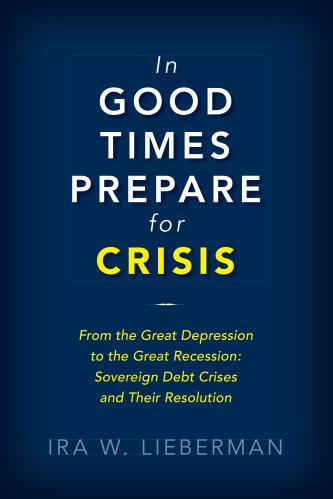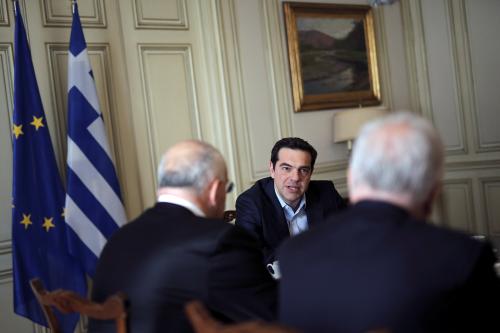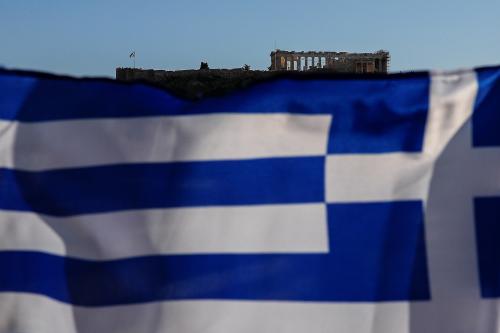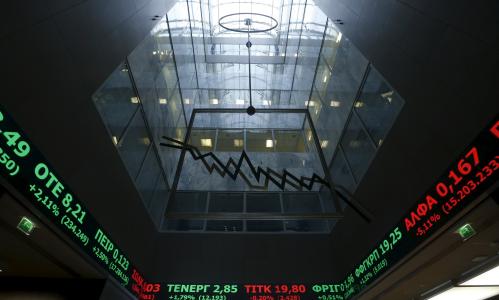No, not even in May. “Deal in May and go away” doesn’t seem to work for Greece and its creditors. Both parties are now supposed to reach an agreement regarding the second evaluation of the third consecutive bailout program on June 15 when European Union finance ministers of the Eurozone will be meeting. Though the number of prior actions yet be legislated at the meeting later this month is now down to 25 from 140, those remaining are important and include the privatization of the public utility that provides the country with electricity, among other steps. Privatization is a precondition if the compliance report to be positive and for Greece in turn to receive a $7-billion tranche to pay-off maturing debt by next month.
Well, as you may probably know, there is much more to this melodrama. Alexis Tsipras, the Janus-faced populist Greek prime minister, has to somehow appease the voters after the austerity bill that his government has finally introduced, and which is a result of his two-year “negotiate and delay” policy. The 140 measures are, for the most part structural reforms, not austerity measures. The brand-new brutal wage and pension reductions are being pushed through because, instead of cumulative 5 percent to 6 percent growth during 2015-2016, the economy is still in recession. So, definitely, populism will exact a heavy price on voters.
To survive politically, Tsipras needs a scapegoat to blame for the austerity. Germany’s Finance Minister Wolfgang Schauble is an easy target; the International Monetary Fund is another. What facilitates Tsipras’ efforts is that both opponents hold different views regarding further debt relief and whether the next round should include maturity extensions and interest rate deferrals paid on debt. They base their differing views on, among other things, reliable forecasts for GDP growth and estimates of primary balance surpluses almost 50 years into the future. Yes, this is not a joke. As a matter of fact, it seems more a blame game or a pretext for disagreement among the creditors rather than a serious effort to resolve the bailout and settle on the necessary conditions to put Greece back on a growth path. Although, to be fair, this time the Greek program includes several microeconomic structural reforms that could go a considerable way toward helping the country recover. The problem is that the government considers even these measures neoliberal, which has spurred opposition among voters.
Currently, the dominant view is that Greece will remain for many years in the intensive care, like a “Puerto Rico of Europe.” That means that creditors’ surveillance will last as long as the country is unable to borrow money from the open markets at a decent, sustainable rate. As for prospect of quantitative easing, the best scenario currently is a credit enhancement/indemnity/loss-protection scheme provided by the European Stability Mechanism to the European Central Bank, eliminating credit risk from possible Greek bond purchases. But even this will only marginally help the country really to recover.
Contrary to what is commonly believed, keeping the debt issue unresolved is rather good news for Tsipras. He really needs the debt issue to be pending, despite his claims to the contrary, as it allows him to tell the voters in the coming elections that creditors are the real culprits for the austerity. In his version of the saga, the Greek government was extorted to implement the neoliberal measures and that, even then, creditors have refused to normalize the yearly debt payoffs to make them sustainable. In the meantime, the IMF will remain on the sidelines, preferring to play the role of implementation watchdog rather than enter the third program. Meanwhile, spreads will continue to be unsustainable, although the government will manage to sell a couple of medium-term Greek Government Bonds in the market with the backing of the creditors. Last but not least, growth rates will continue to be very slow, inadequate to increase substantially incomes and employment in the foreseeable future.
So, get ready for another theatrical break up between Tsipras and the creditors just before the coming elections, as his political capital continues to be his supposed resistance against creditors. Those watching this perpetual Greek drama should never forget that.








Commentary
Greece: Eurozone’s Puerto Rico
June 6, 2017